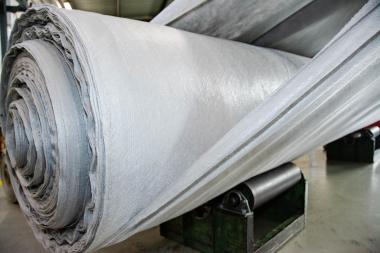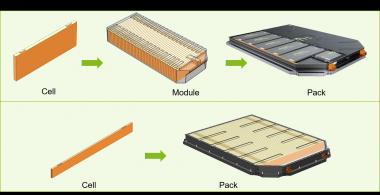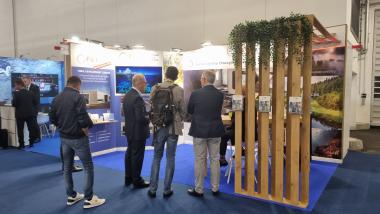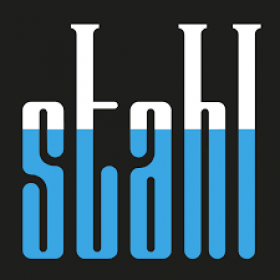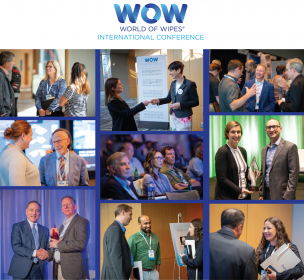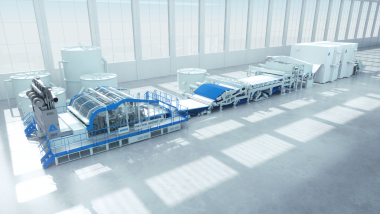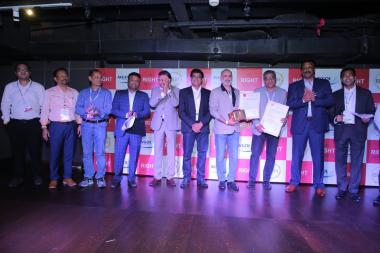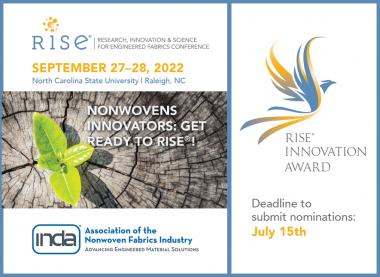PURE LOOP: High-strength synthetic nonwoven made with a recycled content of 10 percent
Geosynthetics have become an indispensable part of the construction industry. PP nonwovens, for example - mechanically bonded continuous fibres made from specially UV-stabilised polypropylenes - are often used in blanket form as barriers, screens and filters, and their strength extends the service life of construction projects. Whether for road construction, or as barrier on glaciers or against weeds - there are myriad applications.
TenCate Geosynthetics uses the PURE LOOP ISEC evo technology to recycle this type of PP nonwoven. The European company, with locations in Austria, France and the Netherlands, is specialised in the development and production of geotextiles for modern civil engineering applications. The edge trimmings and production rejects generated during manufacturing used to be recycled at the Linz site, but not fed back into the company's own production process.
"The demands on us were high," recalls Patrick Wiesinger, project manager at PURE LOOP. "The PP nonwoven is highly tear resistant, which means its a very challenging recycling process. Our ISEC evo machine conserves the quality of the production waste really well during recycling, so we were able to achieve the specified increase in quality for the recyclates."
Another advantage of PURE LOOP technology is the wide range of shapes in which the production scrap can be delivered for processing. "Our ifeed technology with double feed ram system and singleshaft shredder offers the ideal conditions for direct processing of these large rolls - and without the need for prior preparation of the input material by employees before the material is fed into the recycling process", emphasizes Patrick Wiesinger. With the ISEC evo recycling machine TenCate can now manufacture its high-strength PP nonwoven product with a recyclate content of up to 10 percent.
PURE LOOP, EREMA Group GmbH


